Textos
© by Ricardo da Costa © 1995-2024
All rights reserved.
© by Ricardo da Costa © 1995-2024
All rights reserved.

118
The aesthetic ideas of Umberto Eco (1932-2016) in his book Art and Beauty in the Middle Ages (1987), particularly the aesthetic sensibilities and interests of medieval themes in the metaphysics of light (claritas), the symbolism and the Allegory, and the aesthetic vision of the Universe.
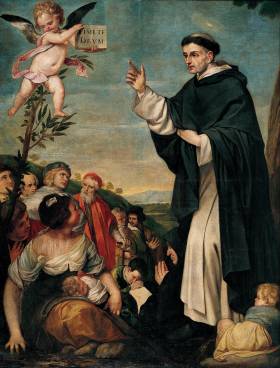
117
Some aspects of the philosophical discourse and the medieval rhetoric elements contained in the sermons of Saint Vincent Ferrer (1350-1419), especially his thoughts about a theme currently and universally present in the Christian Middle Ages: the moral virtues or cardinal virtues.
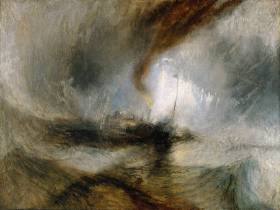
116
The crisis of History and decay of Historical Consciousness in the Postmodern era of the absolute Relativism.
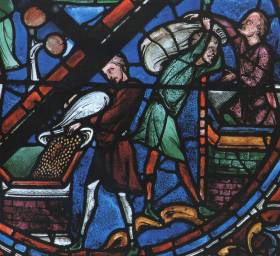
115
Iconographic study of images of medieval peasants in Chartres and Amiens cathedrals.

114
The purpose is to analyze the iconography illuminations from three songs and one praise presents in the Cantigas de Santa María, by Alfonso X the Wise (1221-1284).
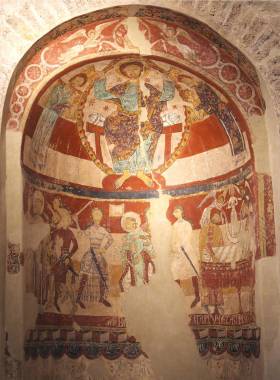
113
Iconographic study of medieval images about martyrdom and miracles attributed to Thomas Becket.
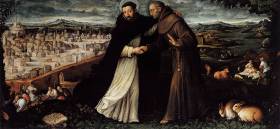
112
Two examples of textual and imagistic representations of Dominican and Franciscan friars contained in the Cantigas de Santa María.
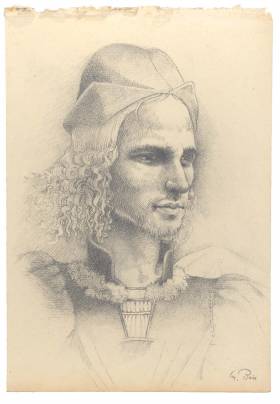
111
Multilingual Joan Roís de Corella – The Relevance of a Fifteenth-Century Classic of the Crown of Aragon.
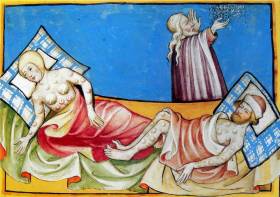
110
The Regimen sanitatis by physician Catalan Arnaldus de Villa Nova, with emphasis on diet prescribed by the author for the prevention of disease and the search for better health.
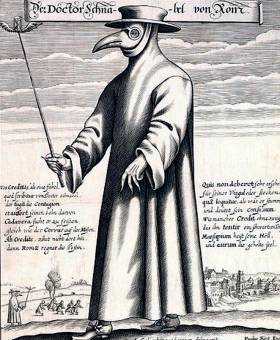
109
The purpose is to present some characteristics and peculiarities of the first translation of Lo Somni, by Bernat Metge, to Portuguese, realized by Ricardo da Costa and revised by Armando Alexandre dos Santos. For this, we will comment some literary aspects more typically humanists of the work. Lastly, we will discourse about the reception of the metgian text for the Portuguese language.
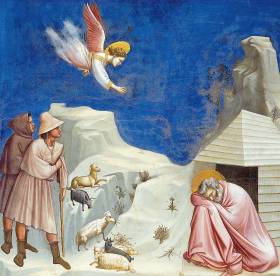
108
Brief analysis of Lo Somni (1399) work of Bernat Metge, particularly the educational and moral point of view.
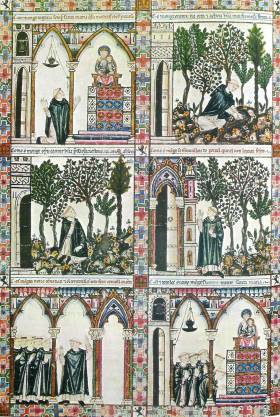
107
The purpose is to present the academic community our translation of Cantiga 103, made directly from the Galician-Portuguese, in addition to its close thematic relationship with the corresponding illumination.
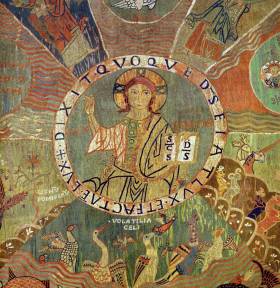
106
Catalan embroidery, one of the most important textile works of Romanesque art who tells the Christian cosmology, the Heaven and the Nature in its original state. Our proposal is to analyze some aspects of his iconography, especially the meaning of the Cosmocrator God and His relationship with the philosophy of St. Augustine.
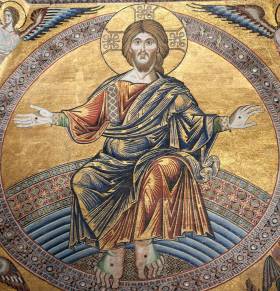
105
The Conference will present the Catalan philosopher meditations on God's foreknowledge, preceded by considerations of St. Thomas Aquinas. The basis of our presentation will be The Book of Contemplation, first great treatise written by Ramon Llull.
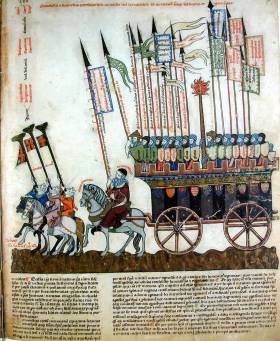
104
The imaginary debate in Librum disputationis Petri et Raimundi phantastici and analyze the limits of the medieval dialogue. Debate or conversion? In addition, I was a iconographic analysis of one of the most famous artistic representations of Ramon Llull: “The rear of the army and relief of Mr. Ramon Llull of Majorca to destroy the tower of Falsehood and Ignorance”, seventh miniature from Breviculum (1325).
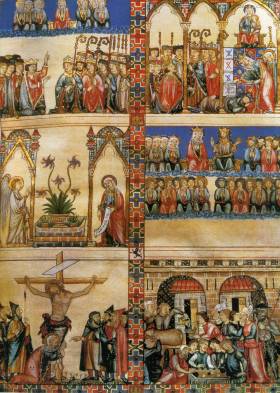
103
Comparative analysis of three virtues of the Virgin Mary – Goodness, Truth and Justice – narrated in the Cantiga 140 of Cantigas de Santa Maria (c.1270-1282) by Alfonso X of Castile (1221-1284), called the Wise, and the Book of Santa Maria (c.1290) written by Catalan philosopher Ramon Llull (1232-1316).
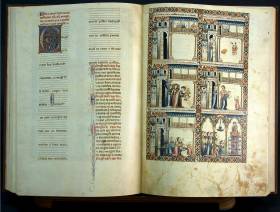
102
Brief iconographic analysis of Cantiga 25 by Cantigas de Santa Maria, which is narrated a miracle of the Virgin with a loan of money from a Jew to a Christian, and consequently miraculous conversion of the Jew.
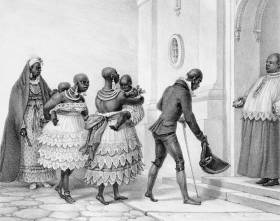
101
According to its detractors, the Catholic Church would have supported the slave system, especially what happened in Africa in the modern period (XVI-XIX centuries). Is this true?
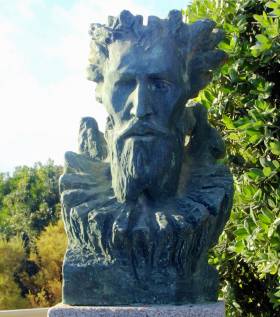
100
The formation of the Portuguese language and their literary and historical parallels with Castilian and Catalan. As case studies: D. Pedro de Barcelos (1287-1354), Antonio Vieira (1608-1697) and Olavo Bilac (1865-1918).
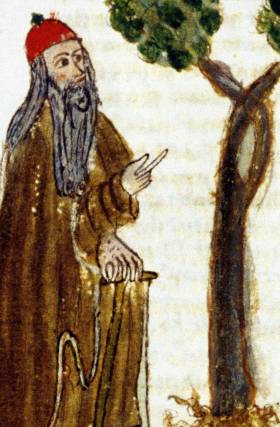
99
Trabajo post-doctoral presentado a la Universitat Internacional de Catalunya (UIC) y al Rotary Club Barcelona-Europa, bajo la dirección del Prof. Dr. Josep Serrano i Daura.

98
Nuestra propuesta es comprender el modo en que Bernardo desarrolló ese concepto en su obra, sus definiciones cristianas más humanísticas, sus nociones metafísicas y sus consideraciones acerca del imperativo que rige la colaboración entre la Naturaleza y la Gracia. Para Bernardo, las facultades de la Naturaleza humana son iguales para todos, pero inútiles sin la Gracia.
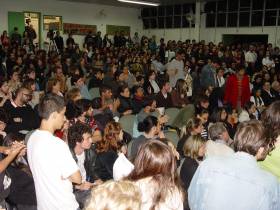
97
On the occasion of the celebration of the 15th anniversary and the publishing of the volume 200 of the academic journals of Cemoroc, Centro de Estudos Medievais Oriente & Ocidente (Feusp), this article presents the landmarks of this editorial history concerning Medieval studies.
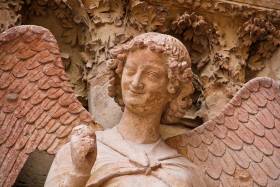
96
The concept of Beauty and its consequent aesthetic enjoyment varied according the transformations of human societies in time. Our purpose is present the aesthetic of the body that some medieval philosophers developed in his treatises and some representations in medieval images.
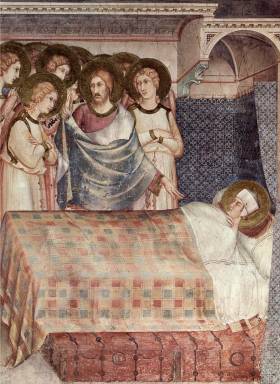
95
The purpose is to present our translation of the aforementioned work, the first to be made into Portuguese (directly from the original 1399 text, in Ancient Catalan), and analyze the theme of the Dreams and the oniric universe to Philosophy, since Bernat's text bears a close relationship to Boethius' Consolation of Philosophy.
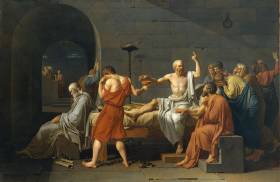
94
The Dream (Lo somni) of Bernat Metge (1340-1413) is one of the classical works of the fifteenth century. The purpose is to present the evidences presented by Metge for the immortality of the soul, important meditation to Medieval Philosophy.
